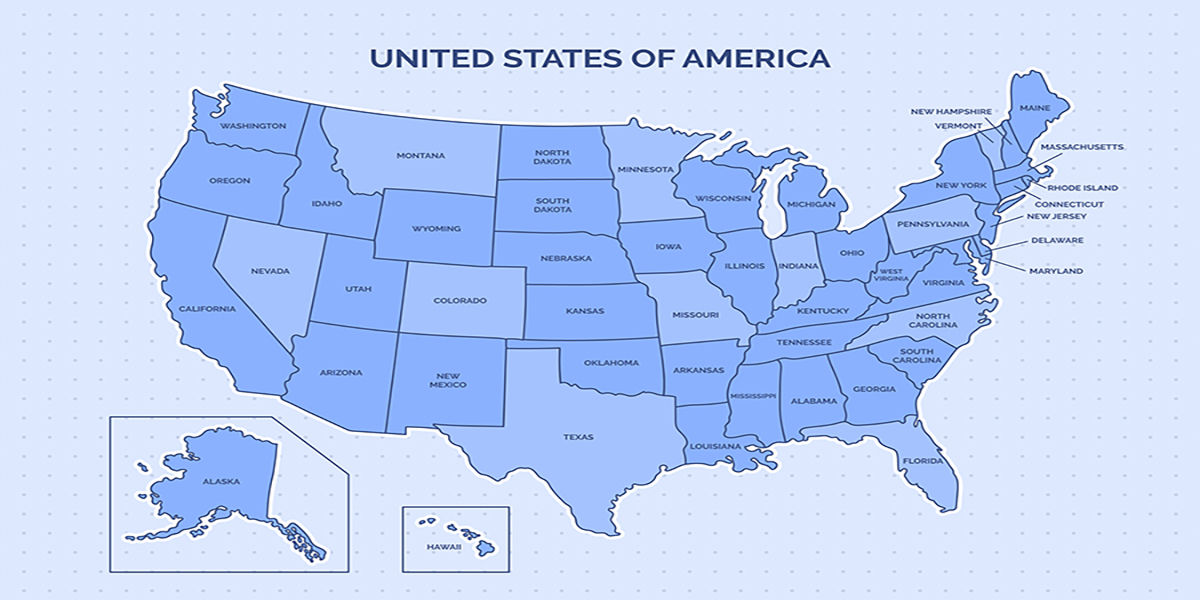
06 Aug The Interpreter Shortage in Wisconsin Courts
Introduction
As an interpreter with over 22 years of experience, I have witnessed the evolving dynamics within our profession. In Wisconsin, there is a shortage of court-certified interpreters. However, this shortage is not due to a lack of potentially qualified professionals but rather a failure in recruitment efforts and fair compensation practices by court administrations. The only significant recruitment effort I witnessed was when Attorney Ernesto Romero managed the Interpreter Coordinating Office in Milwaukee County. Unfortunately, when the grant for his office ended, so did the recruitment efforts, and in the past 22 years, there has been no comparable effort that I have witnessed.
Decades of Neglect and Current Desperation
Following decades of neglect, court administrations now find themselves perplexed by their inability to recruit new interpreters—a problem caused by their own negligence. In a desperate attempt to avoid paying fair wages to Wisconsin interpreters, some courts have resorted to bringing in interpreters from Illinois and neighboring states. These interpreters often come from states with lower remuneration expectations and standards, exacerbating the issue.
Upholding Professional Standards: A Necessity
It is crucial that our colleagues who come to work in Wisconsin recognize the importance of maintaining and building upon our professional standards. This includes:
Team Interpreting: Essential for ensuring accuracy and preventing fatigue during trials of any length, and hearings lasting more than 30 minutes
Adequate Breaks: Necessary to maintain focus, accuracy and precision in our work. These breaks are needed by both the active and passive interpreter. They should also increase in duration in proportion to the length of the assignment.
Time Between Cases: Vital for reviewing complaints, reports, and other materials to provide accurate interpretations.
Additionally, the practice of case stacking—scheduling multiple cases in a single session without adequate interpreter support—should be fully rejected unless there are 2-3 interpreters available to assist.
The Impact on LEP Community
The people who suffer from these practices are the LEP (Limited English Proficiency) community members who depend on our services. When interpreters are overworked, underpaid, and forego minimal standards, the quality of interpretation declines. This inevitably leads to mistakes which can result in unjust outcomes. LEP individuals depend on accurate interpreting to fully understand and participate in the legal process. It is our duty to ensure that this need is met in accordance with our professional standards and code of ethics.
 Pitfalls and How You Can Avoid Them
Pitfalls and How You Can Avoid Them
New interpreters entering a new jurisdiction must be aware of certain pitfalls that can undermine their efforts and the profession at large. Here are three critical areas to watch out for and how to avoid them:
Working Alone on Trials: Refusing to advocate for team interpreting can lead to fatigue and inaccuracy. Always ensure you have a partner for lengthy sessions.
Neglecting Adequate Breaks: Accepting long hours without breaks can compromise your performance. Insist on taking necessary breaks to maintain high-quality interpretations throughout the day.
Accepting Case Stacking: Agreeing to multiple cases back-to-back without adequate support can lead to errors and burnout. Stand firm against such practices and advocate for additional interpreters to be brought in when needed.
Conclusion
The claim of a court-certified interpreter shortage in Wisconsin is a misdirection from the real issues of poor recruitment efforts and low compensation. By standing together and upholding our professional standards, we can ensure that our profession remains strong, and that justice is accessible for all. Let’s continue to maintain the integrity of our work and ensure that every LEP user receives the accurate and fair interpretation services that they deserve. The stakes are high, and it is ultimately the LEP community who pays the price for inadequate interpreting services. Working together with court administrators and supporting each other’s efforts we can ensure equal access to justice for all Wisconsin residents.

Dawn Perez Maldonado was certified by the state court in 2004 and has since built a distinguished career as both a conference and court interpreter. With a wealth of experience interpreting for international delegations, The White House, U.S. Senatorial debates, and the President of the United States, Dawn has established herself as a leading interpreter in high-stakes environments.
In 2002, Dawn founded Bylyngo Interpreting and Translation, headquartered in Milwaukee, WI, with other offices around the United States. As the Director, she has led Bylyngo to serve a diverse clientele across the United States, Canada, Mexico, and South America. A certified Project Management Professional (PMP), Dawn has leveraged her skills to create complex translation management platforms and manage intricate localization projects.
Currently pursuing a Masters in Business Administration and IT, Dawn is committed to furthering her knowledge and expertise to drive innovation in the translation and interpreting arena. Her dedication to advancing language access and maintaining high professional standards has made her a respected figure in the interpreting community.

Great points, Dawn! As interpreters, it is our responsibility to steer our profession in the right direction. If we work together, we can make great progress.
Thank you, Reme!
Indeed! Its not just in Wisconsin, its all over. Our company is about to release a training program that supports getting interpreters prepared and educated plus take important steps by being able to sit down and take state exams. :et me know how we can support this!
“The claim of a court-certified interpreter shortage in Wisconsin is a misdirection from the real issues of poor recruitment efforts and low compensation.” Misdirection. You nailed it!
Thank you for this informative and timely article, Dawn!
We have identical issues in Cook County, IL courts system: Low pay compared to neighboring counties and more progressive states, combined with inadequate recruitment efforts, plus a limited number of times per year that the AOIC certification exams are administered. And working non-certified interpreters here who sign up online to take or re-take exams may be taken off the exam wait list if a new application to take an exam comes in, a mismanagement issue w/AOIC.
We are so understaffed and overworked here that it is not uncommon for staff interpreters to have to take one or two “sick days”, just to recover our voices and rest our vocal cords. Not to mention excessive physical, mental, and emotional burnout. No team interpreting at all, just occasional 15-30 min relief by an available colleague, if one requests this (never guaranteed).
I will encourage Cook County interpreters not to take WI cases until you get your pay rates and staffing issues up and resolved.
Kathleen Morris
Federally Certified Spanish Interpreter
State of IL Certified
Thank you for speaking up on the interpreting profession issues in both of our neighboring states. It is important to stand together and help each other in our efforts!
Great points. Shortage is happening in every state, not just in Wisconsin, and probably for similar reasons than those you stated, but also because people think that the only requirement to do this job is being bilingual.
Let’s not overlook continuous education which is paramount (and a requirement in WI to keep your certification) to keep updated on professional and market trends.
Team interpreting is very important as well. Most of the issues we face relate to law professionals who cannot accept that we need to work in pairs at long hearings and, worse, to interpreters who accept very long assignments working by themselves, as you described above.
How do we begin to change this? We have several national organizations which are very enriching and supportive of these types of issues, but none whose pure intent is to tackle these challenges, educate the public, and lobby for this cause.
I’ve always thought that a national organization dedicated to specifically focusing on court interpreter specific issues would be a huge step in the right direction.
Thanks for sharing your thoughts, amiga.
Very well-said! Almost identical situation here in New Mexico. Thank you!
Equal access to justice is the purpose of having an interpreter. As a certified interpreter in New Mexico I am given the oath prior to the start of a jury trial. With great pride I and my interpreting partner go on the record. The true joy as a professional is when the juror compliments our skills after deliberations. . Whereas I do not know the interpreter situation is in other States, I know that here in South East New Mexico the courts are always covered by well qualified interpreters. AOC New Mexico is always at the vanguard of the courts nerds. The only gripe that I have is the tendency to do many hearings over telephone or video. I do not do either. . My suggestion is that as a profession we decline these assignments. Technology is one more barrier to allow the nes equal access to justice..
Hola Cesar!
It is great to know that some places are getting it right! Keep it up! 🙂
Great piece, Dawn! We have these vicious cycles everywhere and I certainly hope court administrators start to listen. But the bottom line is that we all need to support each other, uphold the professional best standards of practice and stand our ground. Otherwise, the issues you describe will never get resolved.
An article of this type should cite sources.
Thank you, Helen!
September 9th Journal Sentinel piece:
“Milwaukee County courts paid contract interpreters $848,684 in 2023. It has paid court interpreters $587,907.43 so far in 2024, county records show.
In July, Hodges requested a $1 million budget for interpreter contracts for 2025. That might be a tall ask for a county that is wrestling with a projected $19 million budget shortfall this year.”
To put his in context, the yearly budget for the Wisconsin State Courts is around 160 Million.
chrome-extension://efaidnbmnnnibpcajpcglclefindmkaj/https://www.wicourts.gov/courts/overview/docs/expenditures22-23.pdf
d
Dawn, many would join an effort to lobby:
The Senate judiciary Committee,
https://docs.legis.wisconsin.gov/2023/committees/senate/2673
The Assembly Committee on the Judiciary
https://docs.legis.wisconsin.gov/2023/committees/assembly/2649
and other key pressure points.
Recent, concerted effort in Cananadian, Kansan, Hawaiian, and Kansan courts have borne fruit. Which efforts, if any, do you know of afoot in the Badger State?
Thank you Nick!